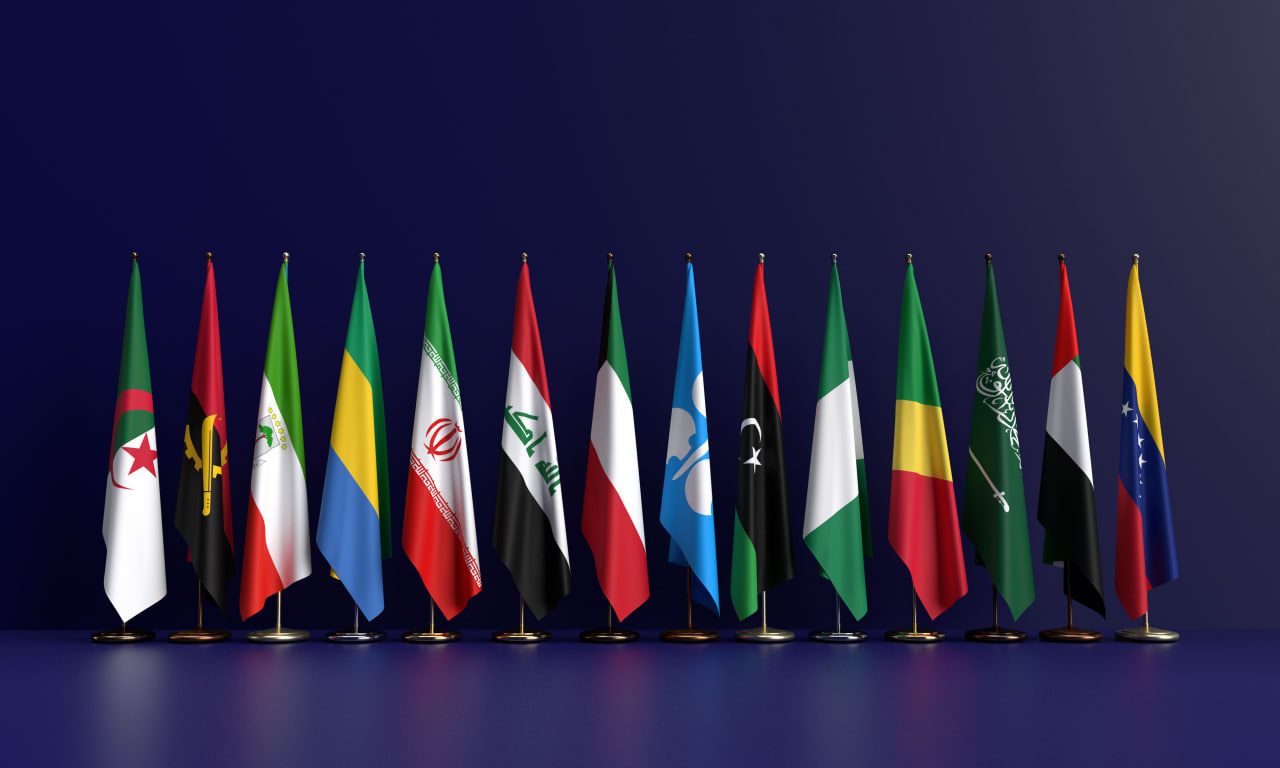Introduction
The Gulf Cooperation Council (GCC) — consisting of Saudi Arabia, the United Arab Emirates, Qatar, Kuwait, Bahrain, and Oman — is a highly attractive export destination for businesses worldwide. Thanks to their strategic location, strong purchasing power, and growing demand for quality imports, the GCC markets present a golden opportunity for manufacturers and exporters, especially those from nearby countries like Iran, India, Pakistan, and Turkey.
But breaking into GCC markets is not as simple as just sending products. It requires a strategic, legal, and cultural understanding, plus a practical roadmap. This comprehensive guide will walk you through everything you need to know to start exporting to GCC countries successfully.
1. Understand the GCC Market Dynamics
Before exporting to the GCC, it's essential to understand what makes this region unique:
🌍 Key Features of GCC Markets:
High disposable income and strong demand for premium products.
Strict product standards and regulatory requirements.
Cultural and religious sensitivities, especially around food, fashion, and cosmetics.
Preference for trusted brands and certified products.
A growing focus on local partnerships and “Gulfization” (boosting local employment).
Each GCC country has unique traits. For example:
Saudi Arabia has the largest population and highest demand.
UAE is a re-export hub and gateway to Africa and Asia.
Qatar and Kuwait focus on premium products and services.
Oman and Bahrain offer emerging opportunities with lower entry barriers.
2. Choose the Right Products to Export
🔍 High-Demand Product Categories in GCC:
Food & Beverages: Especially Halal-certified, organic, or specialty items.
Building Materials & Stones: Salt blocks, gypsum, cement, decorative stones.
Health & Beauty Products: Natural cosmetics, skincare, wellness products.
Household & Cleaning Products.
Industrial Raw Materials: Including salt, chemicals, plastics, machinery.
Luxury Items & Fashion.
Tip: Focus on high-margin, culturally suitable, and certified products that solve a need or provide premium value.
3. Ensure Compliance with GCC Regulations
🛡️ Certification & Documentation You May Need:
Certificate of Origin (preferably from your Chamber of Commerce)
Halal Certification (for food and cosmetics)
SASO Certificate (Saudi Arabia Standards)
G-Mark (for toys and electronics in GCC)
ISO / HACCP / GMP depending on your product type
Labeling Requirements: Arabic language, ingredients, expiry dates, etc.
📦 Packaging Standards:
Tamper-proof, Arabic-labeled, eco-friendly packaging is preferred.
For food: include nutritional info, batch number, country of origin.
Failing to meet local standards may lead to customs rejection or heavy penalties.
4. Set Up Distribution or Local Partnerships
🤝 Ways to Enter the Market:
Appoint a Local Distributor or Agent
This is the most common and effective route. A local partner understands regulations, customs, and buyer behavior.
Direct Exporting (B2B)
Sell directly to retailers, wholesalers, or end-buyers — usually through trade platforms or events.
Open a GCC Office or Warehouse
Long-term, for larger companies who want full control and branding.
📍 Find Partners Through:
Trade shows like Gulfood (Dubai), Saudi Build, BeautyWorld Middle East.
Online B2B directories (Tradekey, Alibaba, GulfYellowPages).
Chambers of Commerce in GCC countries.
Industry networking and LinkedIn outreach.
5. Calculate the Right Pricing and Logistics
GCC buyers are price-sensitive but brand-driven. So while your product must be competitive, don’t compete only on price.
🧮 Pricing Considerations:
Import duties (typically 5% for most products; 0% for some)
VAT (5% or more depending on the country)
Distributor/retailer margins (15%–40%)
Transport, insurance, and warehousing
🚛 Logistics Options:
Sea freight for bulk goods (Jebel Ali Port in UAE is a key hub)
Air freight for premium, urgent, or perishable items
Land routes (for exporters from nearby countries like Iran)
Work with freight forwarders who specialize in GCC trade and understand customs clearance.
6. Use Digital Marketing and Localization
📣 Go Digital to Reach Buyers:
Arabic-translated website or landing page.
LinkedIn & B2B networks for finding buyers.
Instagram & WhatsApp for B2C brands (especially in UAE, Kuwait).
Run Arabic Facebook/Google Ads targeting cities like Riyadh, Dubai, Doha.
🗣️ Localization Tips:
Use Arabic in packaging, catalogs, and social media.
Respect cultural norms—avoid imagery or language that conflicts with Islamic values.
Highlight Halal certification, Made in [Your Country], and quality control in your messaging.
7. Attend GCC Trade Fairs and Buyer Meetings
Trade expos and business matchmaking are critical for B2B exporters.
🎯 Must-Attend Trade Shows:
Gulfood (Dubai) – food & beverage
The Big 5 (Dubai) – construction & building materials
Beautyworld Middle East – cosmetics
ArabPlast – industrial materials
Prepare brochures, samples, and price lists. Dress professionally and prepare to negotiate with agents and bulk buyers.
8. Handle Payments and Risk Management
Buyers in the GCC often demand credit terms, but exporters must protect themselves.
💳 Safe Payment Methods:
Advance Payment – safest, but hard to negotiate.
Letter of Credit (L/C) – secure and bank-guaranteed.
Document Against Payment (D/P) – risky, but used for trusted partners.
Open Account – only for long-term, reliable customers.
Use export insurance or credit guarantee programs when possible.
✅ Bonus Tip: Build a Long-Term Relationship, Not Just a Transaction
In GCC culture, business is personal. Trust and relationship-building are essential.
Visit your buyers or invite them to visit your factory.
Send gifts or greetings on Islamic holidays (e.g., Eid).
Provide excellent after-sales support and quick responses.
Building trust leads to repeat orders, exclusive contracts, and even local brand licensing opportunities.
📊 Summary Checklist for Exporting to GCC Countries
| Task | Status |
|---|---|
| Research target country & product fit | ✅ |
| Obtain necessary certifications | ✅ |
| Arabic labeling & packaging design | ✅ |
| Find local distributor/partner | ✅ |
| Price calculation & logistics plan | ✅ |
| Digital marketing strategy | ✅ |
| Attend trade fairs or online meetings | ✅ |
Conclusion
Exporting to GCC countries is not only profitable—it’s strategically smart for businesses near the region. With the right preparation, compliance, local partnerships, and branding, you can establish a long-term presence in high-demand markets like Saudi Arabia, UAE, and beyond.
Whether you are exporting food, raw materials, industrial goods, or consumer products, this guide gives you a clear and actionable roadmap to start your GCC export journey the right way.
💡 Need Help Exporting to the GCC?
Our export strategy experts specialize in helping companies from Iran, Turkey, India, and beyond navigate GCC trade. We provide:
Market research
Packaging and compliance support
Distributor matchmaking
Digital marketing for GCC buyers
📩 Contact us now for a free consultation and let’s take your business to the Gulf!



